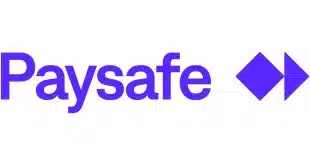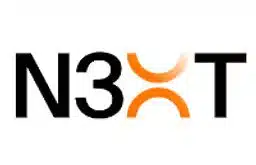Less than a month after electronic gift card provider Gyft announced it was selling Wal-Mart Stores Inc. gift cards, they no longer are available.
According to a report on Coindesk.com, a digital-currency news site, Gyft stopped offering Wal-Mart gift cards on April 13.
Gyft provides electronic gift card services for many merchants, including Amazon.com Inc., Dell, GameStop, Sephora, and Shutterfly. Gyft also offers gift card services to small and mid-size businesses via Clover, a tablet-based point-of-sale system owned by First Data Corp.
A Wal-Mart spokesman says the giant retailer only sells its gift cards in its stores on or Walmart.com. “As a result, we don’t sell gift cards directly to customers through any other entity,” he says. He would not say why Wal-Mart gift cards were originally sold on Gyft, as announced on March 24.
Attempts to reach Vinny Lingham, Gyft’s chief executive, were unsuccessful. On Gyft’s Twitter account, the company says it is trying to get Wal-Mart back.
Despite the Wal-Mart reversal, Gyft continues to make headway as a gift card provider. For example, its embrace of Bitcoin enables it to reach “infectious first movers who raved about us and told their moms, dads, sisters, brothers and friends, all which helped us grow our user base of purchasing customers,” Lingham wrote in a March 25 blog post. “Most of the friends they told, don’t even use Bitcoin.”
Gyft began accepting Bitcoin in May last year. Gyft offers 3% in loyalty points for consumers who use Bitcoin to purchase electronic gift cards. Consumers also can use credit and debit cards and PayPal to make gift card purchases. In the blog post, Lingham said PayPal was Gyft’s fastest-growing payment method.
There is no known connection between Gyft’s embrace of Bitcoin and the Wal-Mart reversal. The chain’s spokesman says Gyft’s acceptance of Bitcoin as a payment method was not a factor in the decision. He added that Walmart currently has no plans to accept Bitcoin.
Some retailers, like Overstock.com, Lord & Taylor, and Square Market, Square Inc.’s online marketplace, accept Bitcoin. But not every retailer may be ready to do that, even via a third party, suggests Beth Robertson, an independent payment consultant. “The primary concerns I see are the widely fluctuating value of Bitcoins, which would make it difficult to assure the product is sold for the anticipated price, and the evolving legal and regulatory status of Bitcoin and other virtual currencies,” Robertson tells Digital Transactions News in an email. The latter issue could stoke concerns about potential tax liability, too, she notes. The Internal Revenue Service, for example, recently released a ruling defining Bitcoin as property rather than as a currency.







